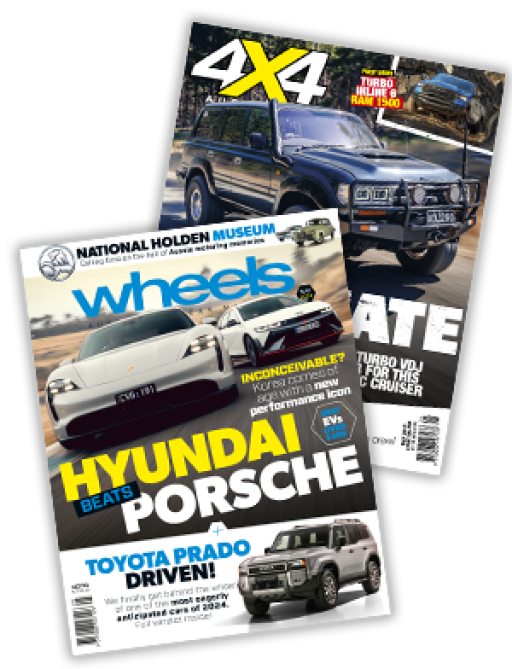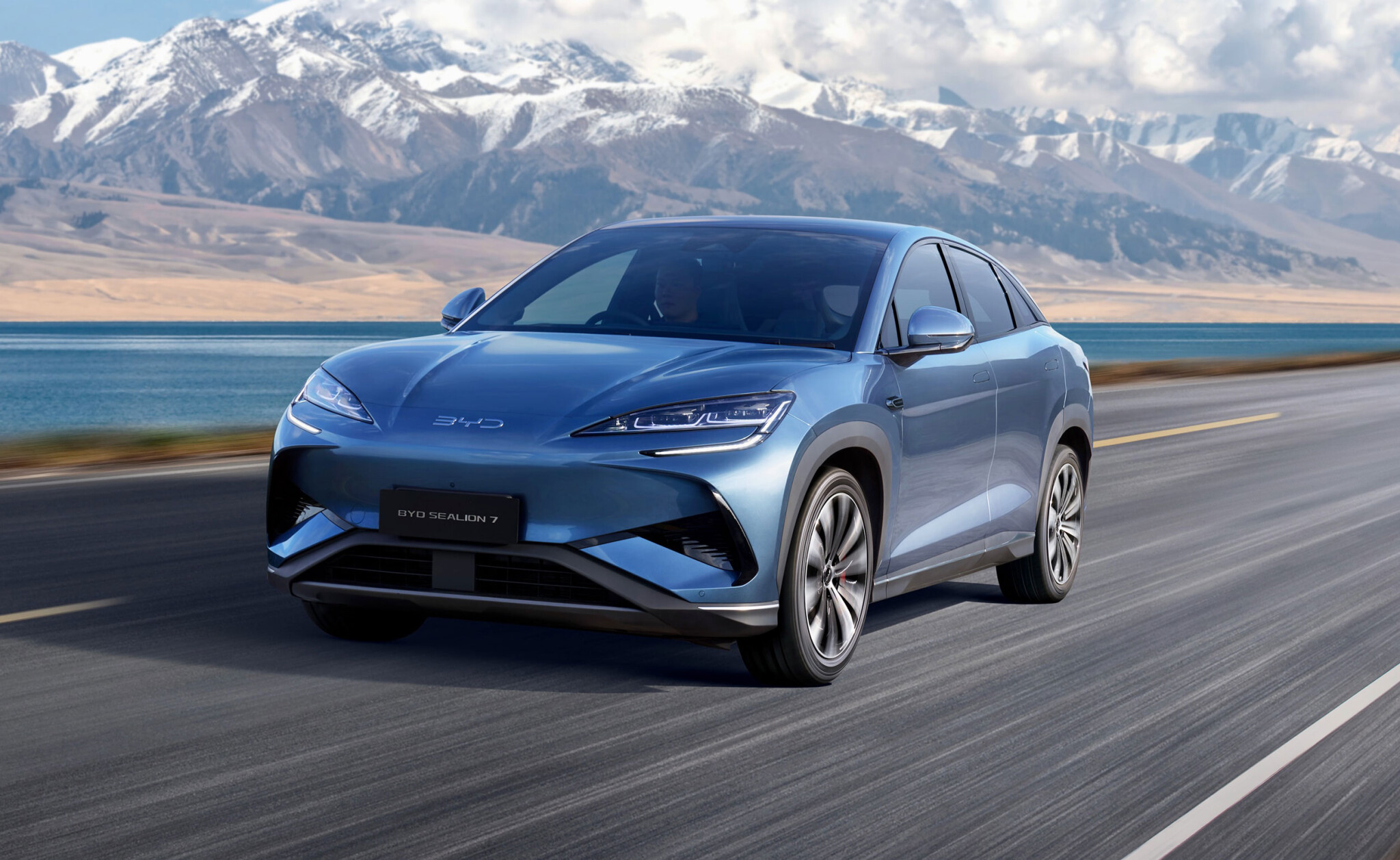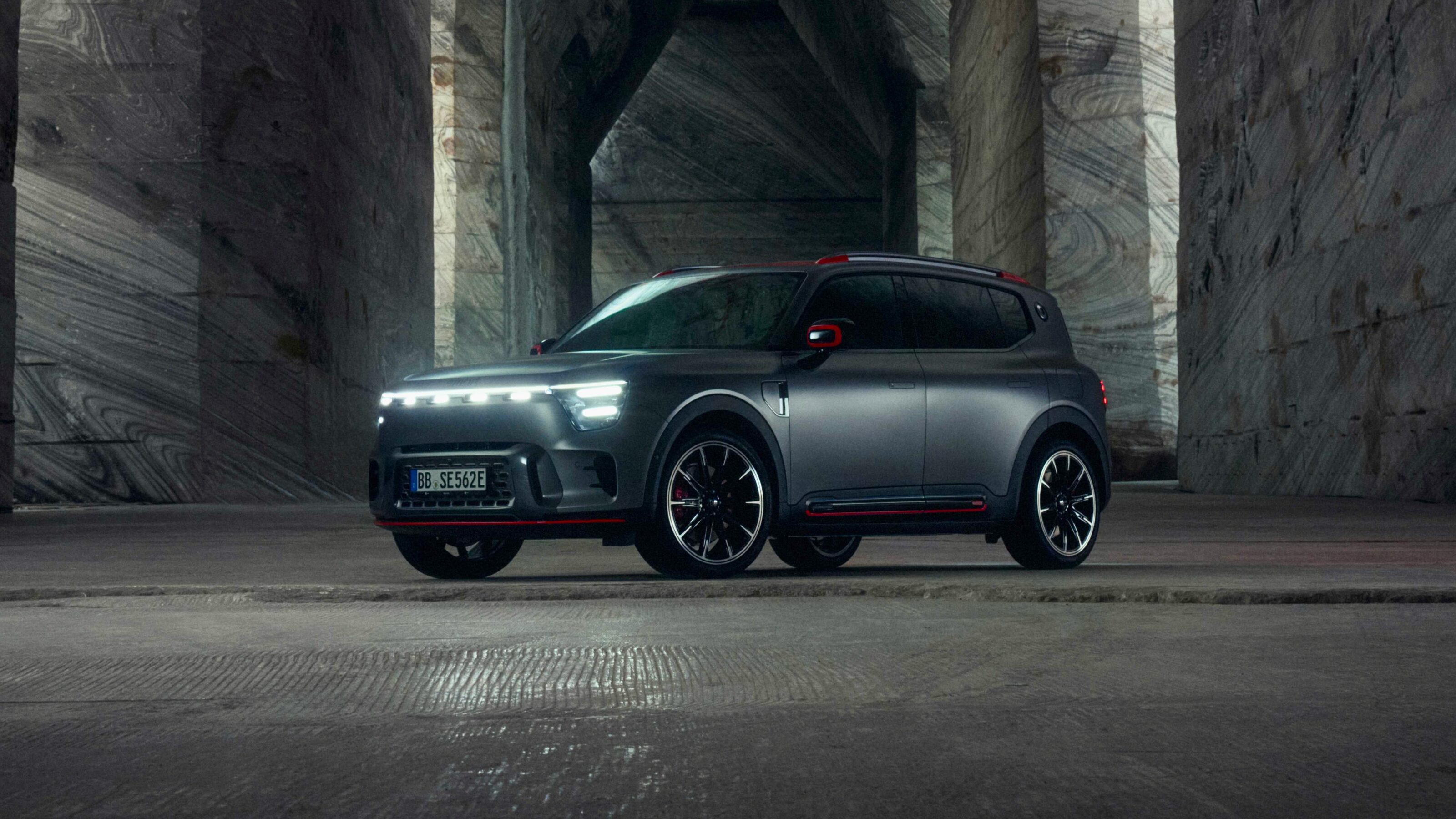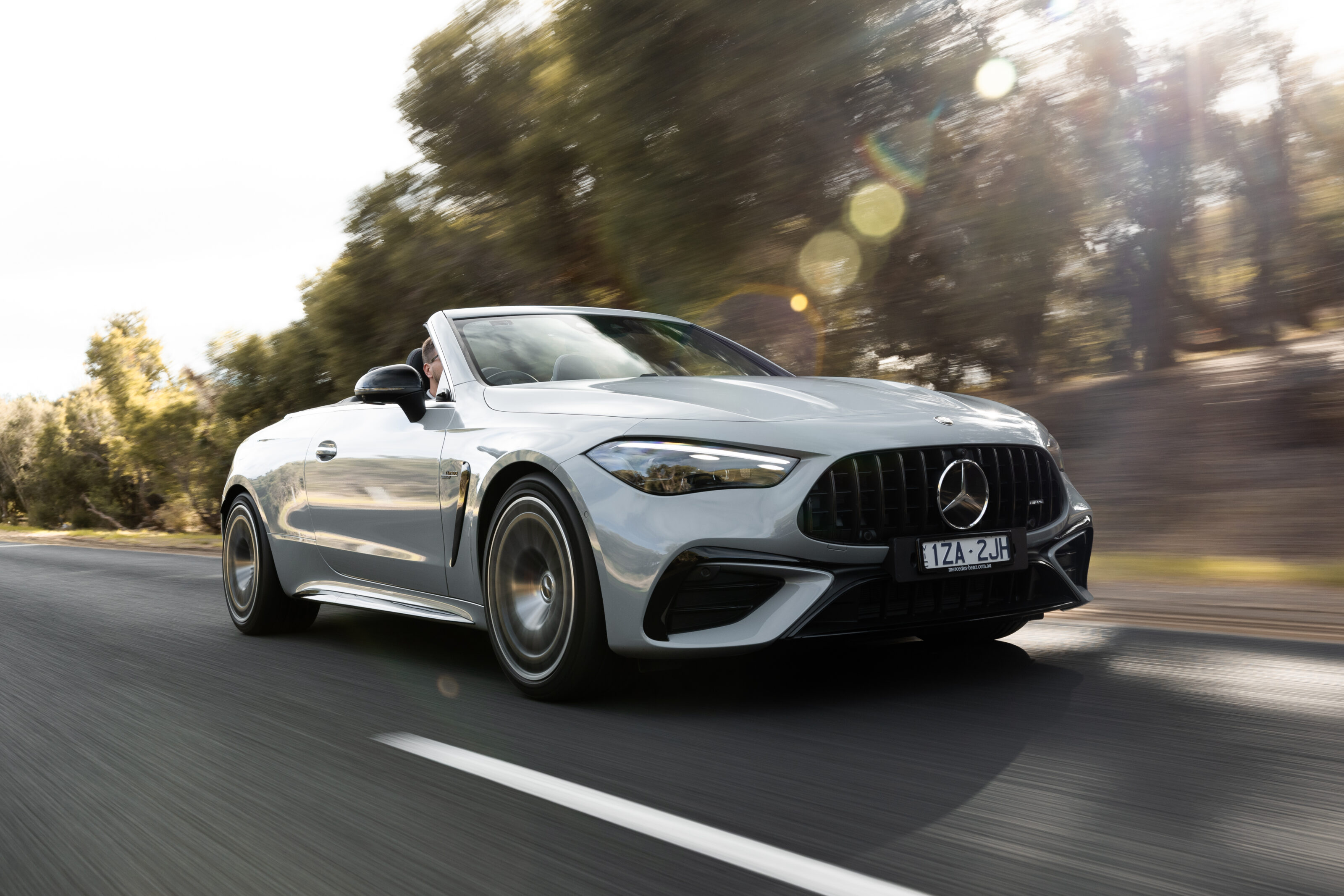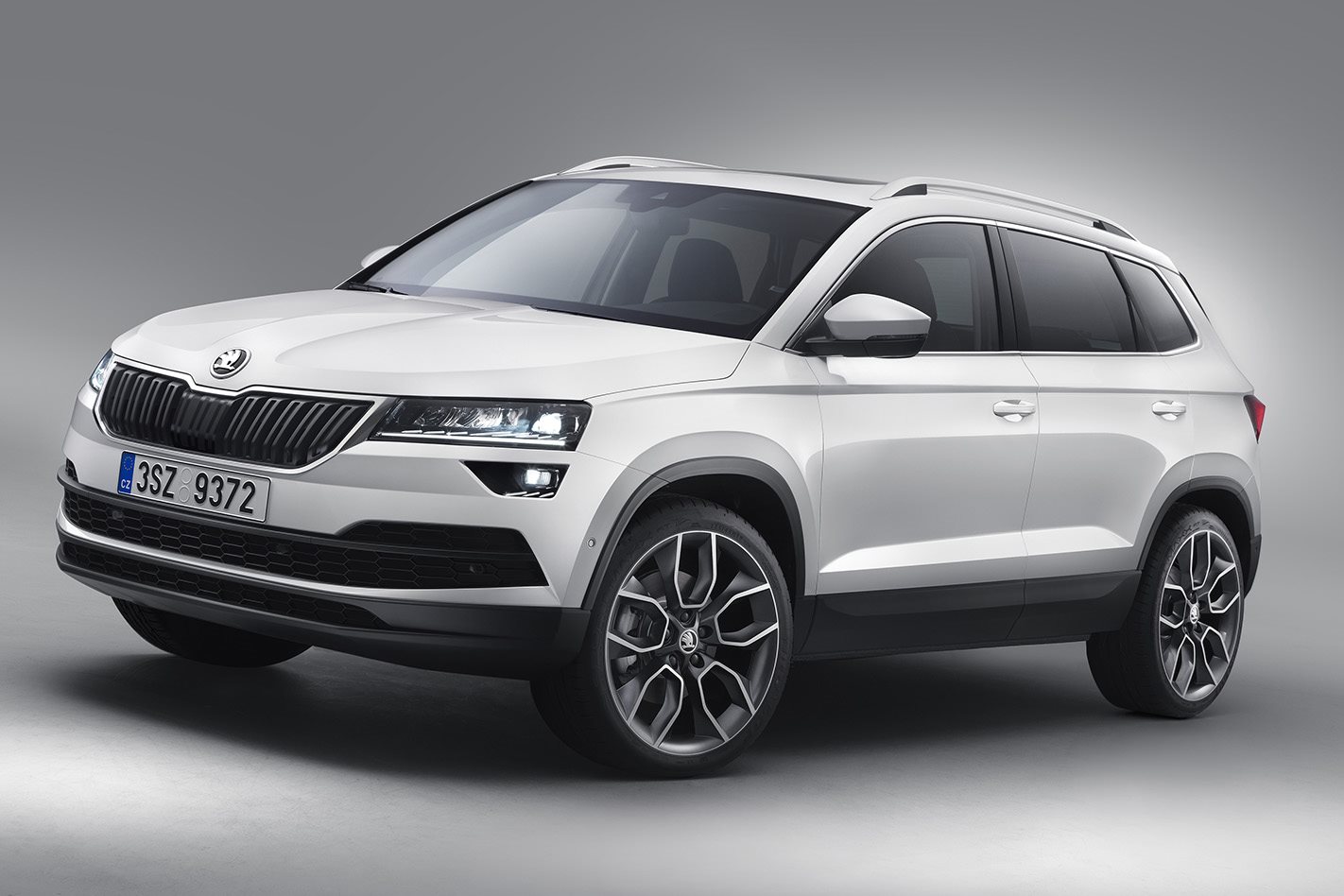
We’ve seen it leaked and teased, but Skoda has officially revealed its new Karoq SUV to take on the likes of the Mazda CX-3, Nissan Qashqai, and Toyota CH-R.
Expected to arrive in Australian showrooms by this time next year, the Karoq replaces the Yeti at the start of Skoda’s SUV line-up with more conventional SUV styling that complements the significantly larger Skoda Kodiak.
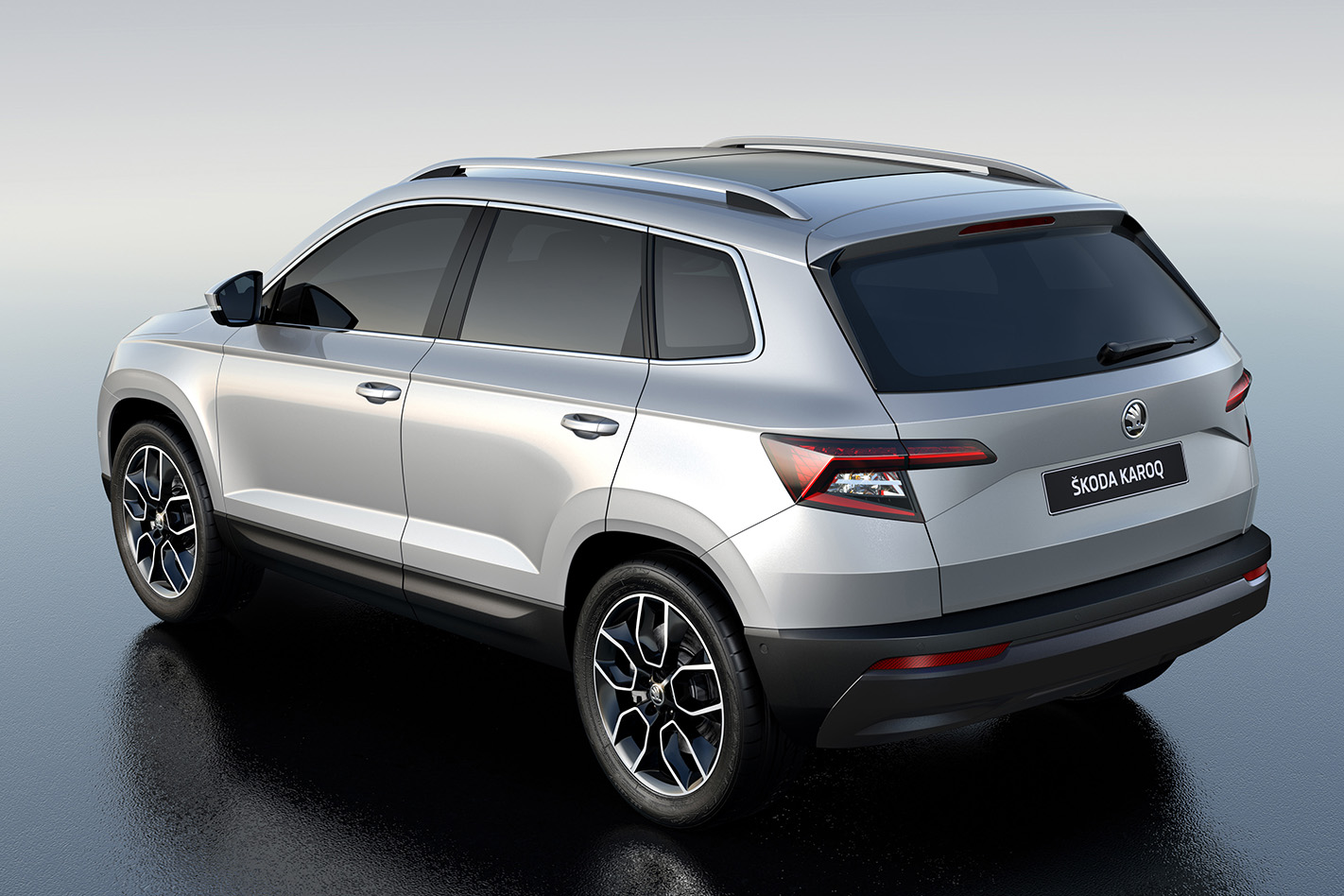
These will be followed by a powerful 140kW/400Nm 2.0-litre turbo diesel which also heads the European line-up.
Each powertain will be mated to either a six-speed manual or seven-speed DSG automatic transmission – except for the 140kW 2.0 TDI which will be auto only.
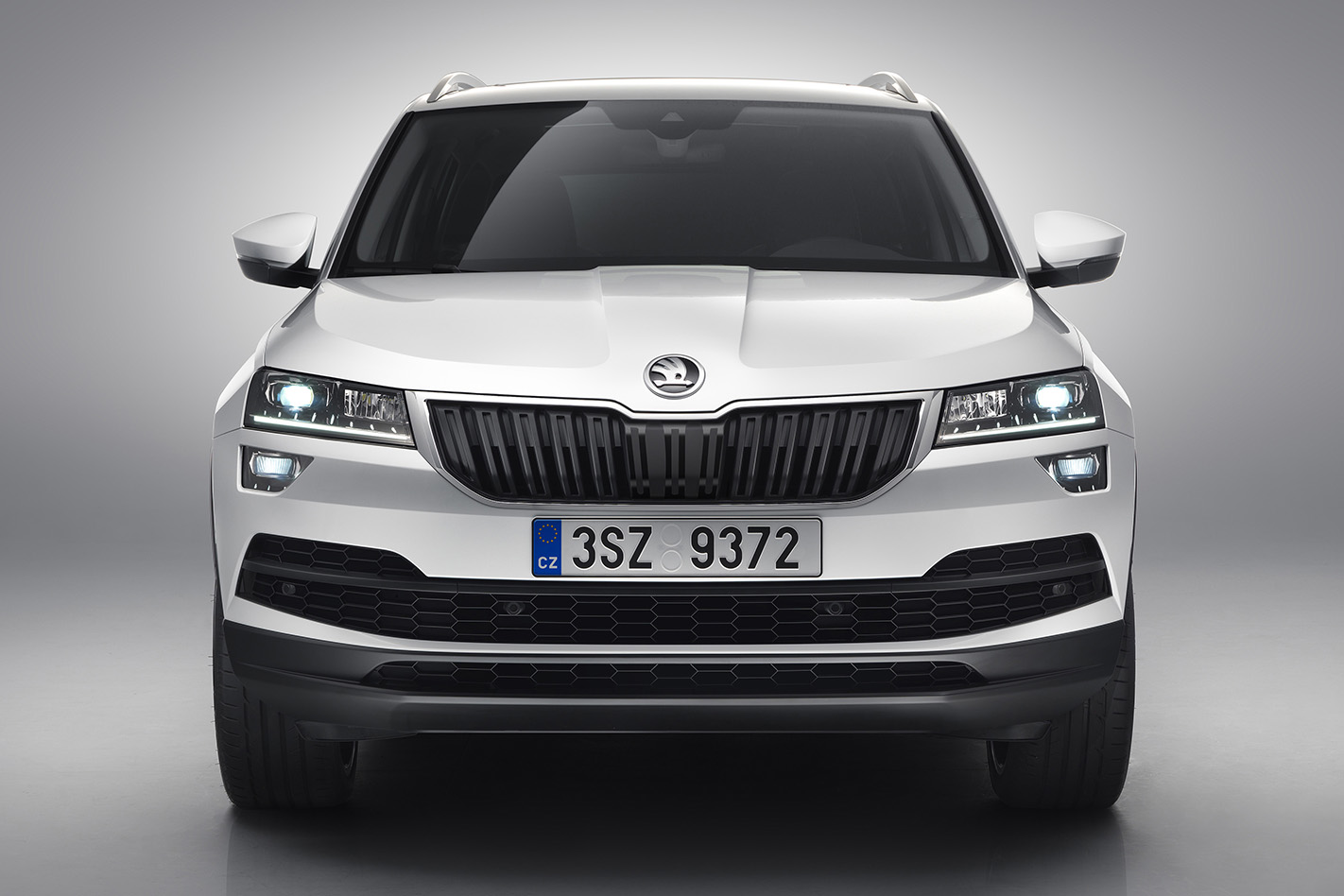
As previously revealed the Skoda Karoq will be available with the latest infotainment and advanced driver assistance options – including active cruise control, city brake assist, blind-spot detection and lane keeping assist – and it will be the first Skoda to feature a customisable electronic instrument panel.
It will also come with three smart keys which will activate their driver’s preferred infotainment, vehicle and seat settings when they unlock the car.
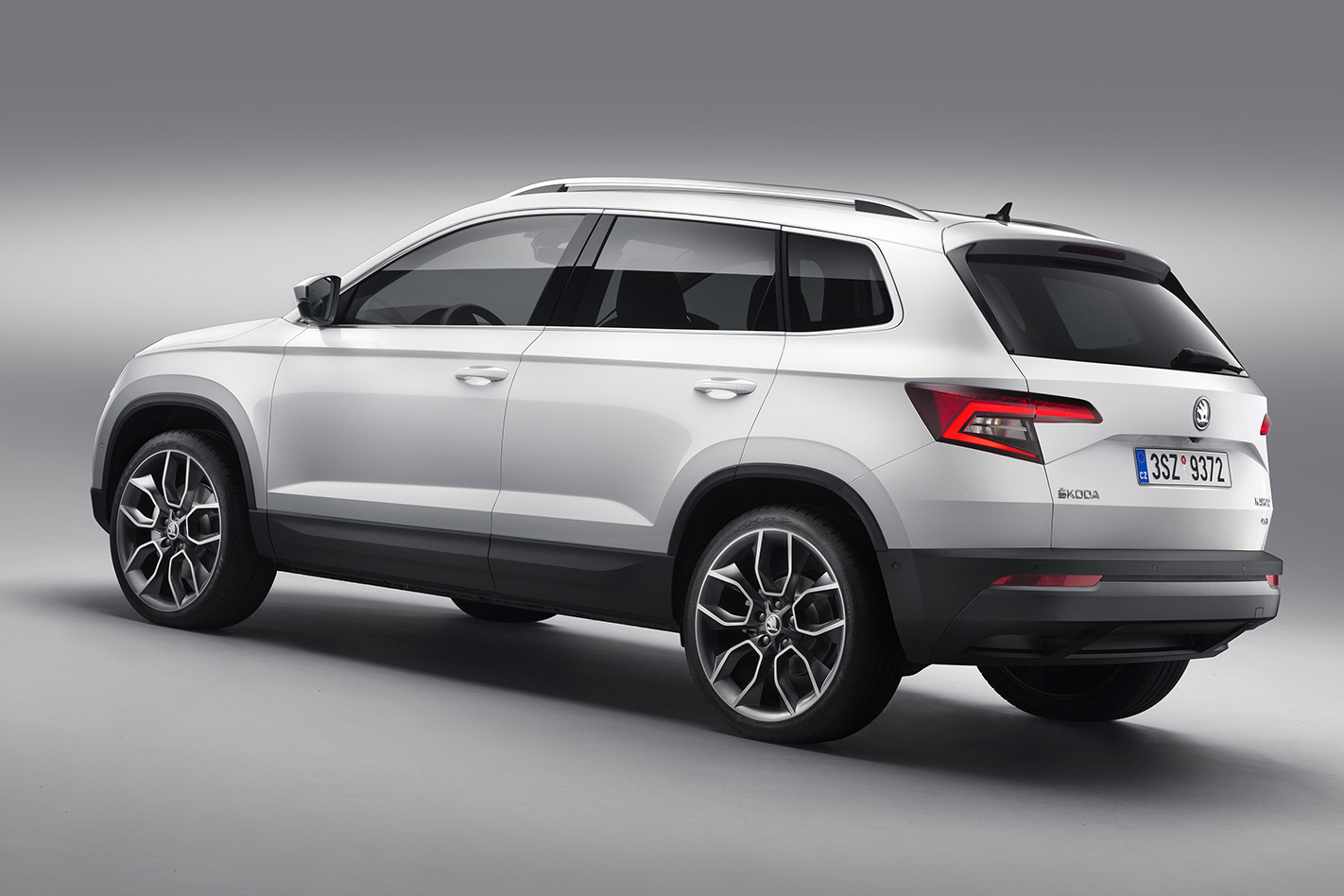
Other available features include a wireless smartphone charging pad, heated steering wheel, hands free tailgate, full LED lighting, heated front and rear seats and 19-inch alloy wheels.
The five-seater Karoq has a large 521-litre boot capacity, which expands to 1630 litres with the rear seats folded. With optional VarioFlex seating installed the rear seats can be easily removed to extend load capacity to a van-like 1810 litres.
Australian specifications and pricing will be confirmed closer to the local launch in the second quarter of 2018.

